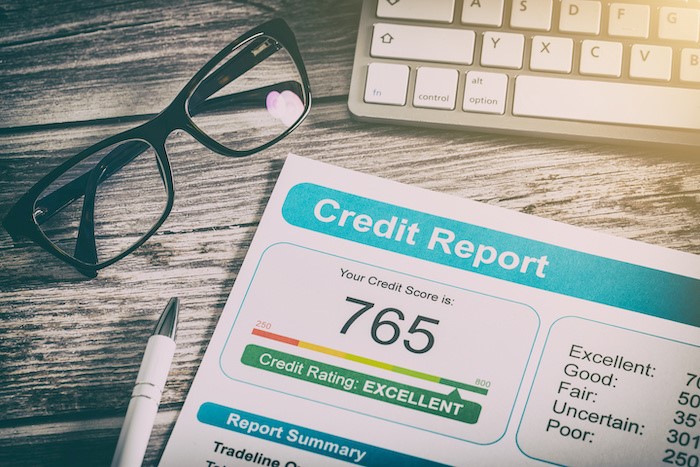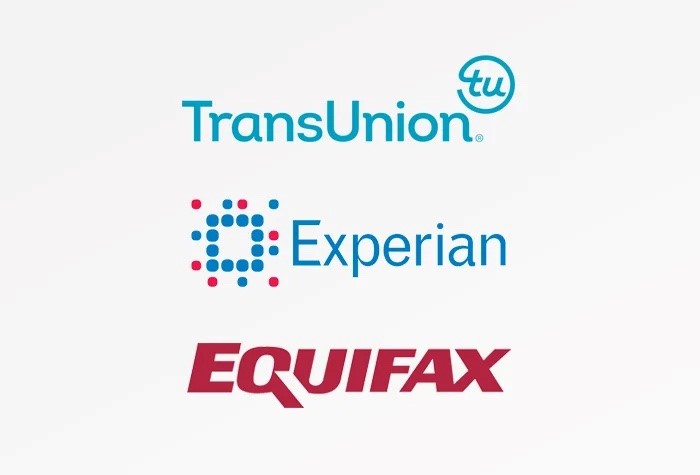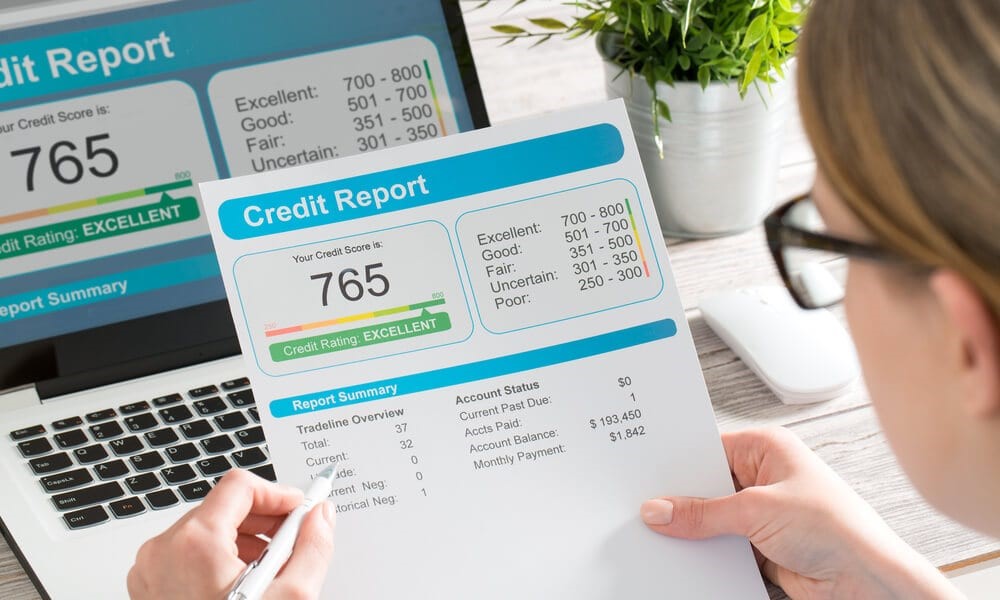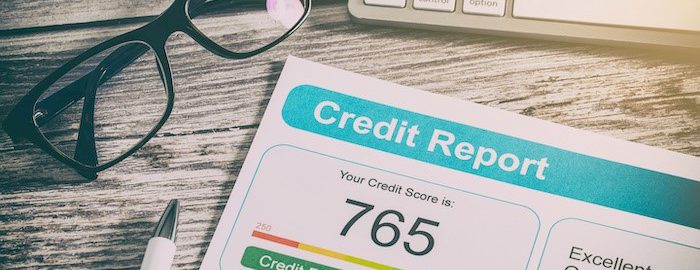
You may already know that a credit report is a detailed history of your debt management and credit accounts, but have you ever really looked at your credit report? If not, now is the time to do so! The only way to be sure that your credit history is accurate, is to monitor it yourself. By doing this, you can accomplish a trifecta of positive outcomes: achieving the highest credit score possible, getting the best interest rates when applying for loans/credit, and keeping yourself safe from identity theft.

Three credit reports exist; one from each major credit bureau: Equifax, Experian, and TransUnion. These credit reporting agencies compile information from your financial background like what accounts you have and your payment history. In addition, they have information about any public records like bankruptcies and tax liens. These companies sell that information to lender and others who use it to decide whether to offer you a loan, lease, credit, job, etc. It’s important to remember that credit bureaus don’t make lending decisions. They simply gather and provide the information to others.
While your overall credit profile should be fairly consistent among the three credit bureaus, some information may vary because not all businesses provide data to all three agencies.
You can get one free credit report from each bureau annually. You can get them by visiting Annual Credit Report. You may see other offers for “free credit reports” but this U.S. Government-authorized site is the ONLY trusted source.
It may be confusing to realize that these reports don’t actually give you your credit scores. To obtain your scores you will need to contact your bank or the credit bureaus themselves (sometimes at a small cost). Another option is to contact a lender who can give you a full breakdown of your credit report and scores.
Here are some things you should look for in your credit report:
- Identity – Be sure your name, date of birth, Social Security number, current and previous addresses, phone numbers, and employment history are all accurate.
- Credit Information – Look through the detailed list of your current and closed credit accounts, including your payment history, balances, account numbers, and co-signers. This is the MOST IMPORTANT aspect of your credit profile because it makes up 35% of your FICO score.
- Public Records – Government transactions like bankruptcies, liens, and divorces.
- Recent Inquiries – Companies and/or individuals who have requested a copy of your report within the last two years.
Now you may be wondering, “what is FICO?” The “Fair, Isaac & Company, FICO is a data analytics company based in San Jose, CA, founded by Bill Fair and Earl Isaac in 1956. The top measure of consumer credit risk, the FICO score is the one used most by mortgage lenders.
The goal of the credit bureau is to help lenders determine “Can we lend this person money, and will they be able to pay it back?”

It is important for you to CHECK FOR ERRORS on your credit report. Here are some things you should look for:
- Accounts that recorded late payments when you know you paid on time
- Outdated negative reports – most derogatory remarks must be removed after 7 years
- An ex-partner still listed on a loan or credit card
- Account numbers that aren’t yours or that are incorrect
- Credit limits and loan balances that are inaccurate
- Accounts you don’t recognize
- Addresses for places where you never lived
If you do find errors on your credit report, you can file a dispute to have the incorrect information removed by contacting the creditors and bureaus. Keep in mind that both parties are required to correct inaccurate or incomplete information on your credit report.
Incorrect addresses, names, or jobs don’t factor into your credit score, but should be updated as soon as possible to make sure you have not been the victim of identity theft.

Give yourself the optimal chance of getting a mortgage loan with the best rate possible by understanding your credit report and making changes when necessary.
Are you thinking of buying a home or selling your current home in New River Valley, VA? Then it is time to contact Desi Sowers, your New River Valley, VA real estate resource! Give her a call today at 540-320-1328!
Photo Credits: feea.org, crediful.com, incharge.org, startupdonut.co.uk

